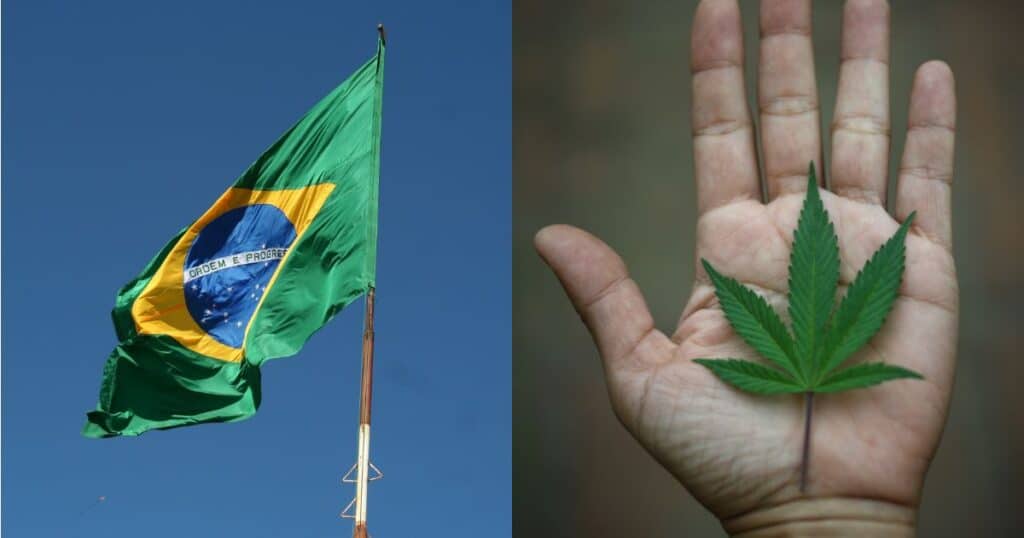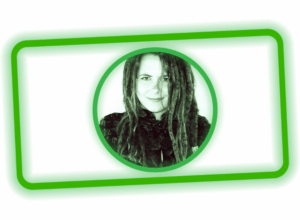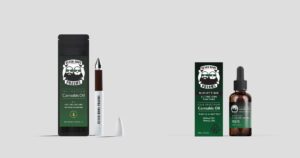Earlier this week, Brazil’s Supreme Court voted to decriminalize the possession of cannabis for personal use. This ruling, which could significantly impact the country’s legal landscape and prison population, aligns Brazil with some of its Latin American neighbors who have embraced cannabis reform.
Although a win for cannabis, the ruling is likely to face opposition from members of Brazil’s Congress, who are attempting to pass legislation that would make possession of any quantity of illicit substances a crime.
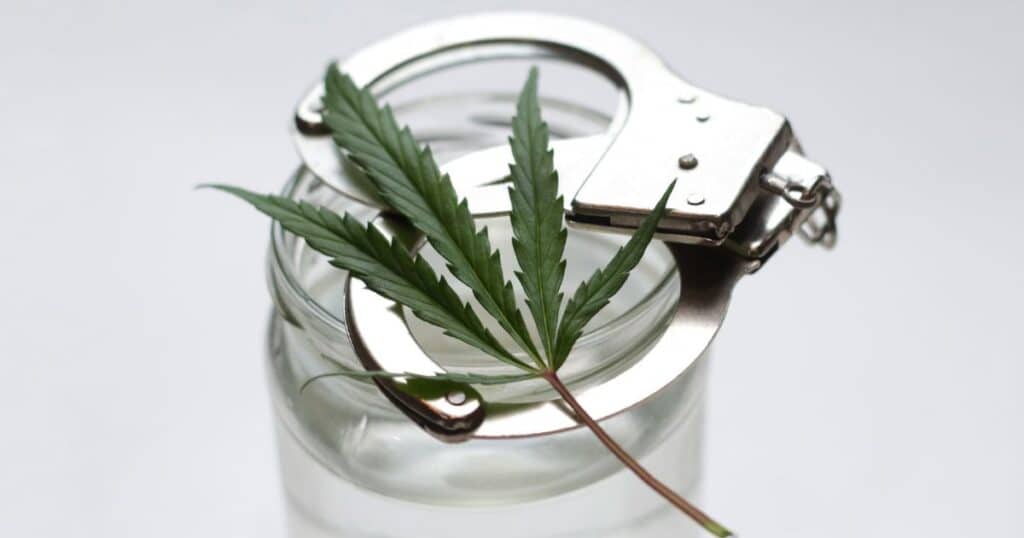
On Tuesday, Brazil’s Supreme Court reached a majority vote to decriminalize marijuana possession for personal use. The court, on Wednesday, per The New York Times, set the maximum quantity of cannabis considered for personal use at 40 grams.
The debate over decriminalizing cannabis in Brazil is not new. Deliberations began in 2015, and the road has been fraught with legal complexities and political tensions. Brazil’s Congress passed a law in 2006 aimed at reducing the prison population by offering alternative penalties such as community service for those caught with small amounts of drugs.
However, the lack of a specific quantity to define personal use versus trafficking led to continued arrests and an overcrowded prison system.
“The majority of pre-trial detainees and those convicted of drug trafficking in Brazil are first-time offenders, who carried small amounts of illicit substance with them, caught in routine police operations, unarmed and with no evidence of any relationship with organized crime,” said Ilona Szabó, president of Igarapé Institute, a think tank focusing on public security.
Sensible Approach to Brazil’s High Prison Population
One of the most compelling arguments for decriminalization highlights its potential impact on Brazil’s overcrowded prison system. Critics of the previous legislation, before the Supreme Court ruling on Tuesday, argue that drug-related arrests and convictions disproportionately affect black and poor citizens.
As of December 2023, official data shows that Brazil incarcerates approximately 852,000 people. Authorities detained nearly 25% of these individuals for drug possession or trafficking. Black individuals make up over two-thirds of the inmate population.
A study by Insper, a Brazilian research and education institute, revealed that Black people caught with drugs by police are slightly more likely to be charged as traffickers compared to white people. This conclusion is based on an analysis of over 3.5 million records from Sao Paulo’s public security secretariat spanning from 2010 to 2020.
The Supreme Court’s decision could alleviate some of this burden, offering a more sensible approach to drug possession and potentially reducing the number of first-time offenders caught in the judicial system.
Political Opposition and Legislative Challenges
While the Supreme Court’s decision is a major win for cannabis regulation in the country, it has not been without controversy. Congress has moved to introduce legislation that would criminalize the possession of any quantity of illicit substances, directly challenging the court’s ruling. If passed, this legislation could override the Supreme Court’s decision, leading to a potential constitutional showdown.
Senate President Rodrigo Pacheco, the author of a bill that criminalizes the possession of any amount of marijuana, has expressed strong opposition to the court’s decision. He argues that such substantial changes should be made through the legislative process.
“There is an appropriate path for this discussion to move forward and that is the legislative process,” he said via an AP report. “It is something that, obviously, arouses broad discussion and it is a subject of preoccupation for Congress.”
This ongoing tension between Brazil’s judicial and legislative branches adds complexity to the nation’s path toward cannabis reform.
Cannabis Regulations Across Latin America
Brazil’s decision to decriminalize cannabis aligns it with several other Latin American countries that have adopted similar reforms:
- Argentina decriminalized personal marijuana consumption in 2009.
- Colombia and Mexico have decriminalized possession but not sales.
- Uruguay fully legalized marijuana use in 2013, with state-controlled production and distribution.
These countries have seen varying degrees of success in managing drug use and reducing prison populations, offering valuable lessons for Brazil as it navigates this new legal landscape.
With the Supreme Court ruling, Brazil becomes the largest country in the world to decriminalize cannabis for personal use, marking a significant milestone in global drug policy reform.
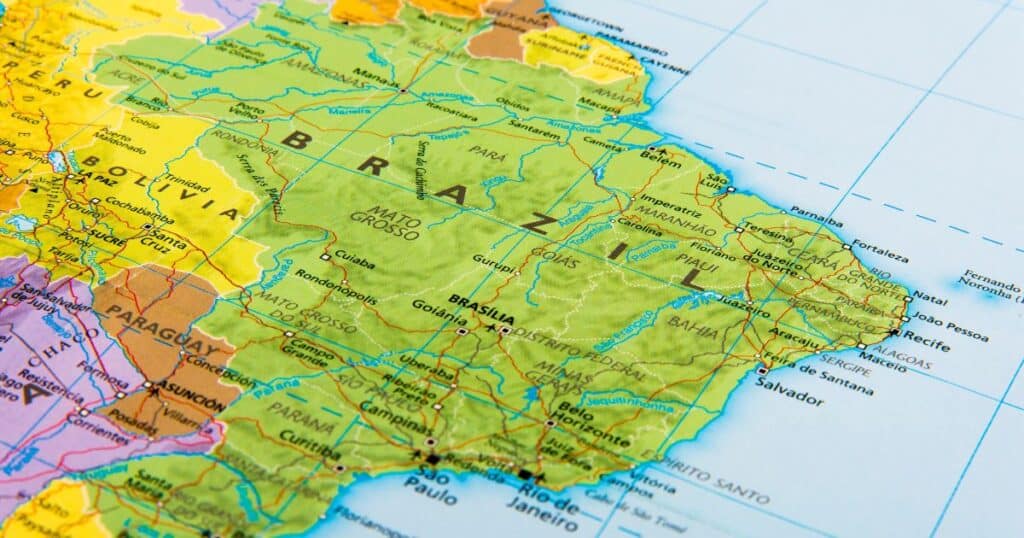
The Supreme Court ruling to decriminalize marijuana possession for personal use marks a significant victory for sensible cannabis regulation in Brazil. By setting a clear threshold for what constitutes personal use, this decision not only aligns Brazil with a progressive wave of cannabis reform seen across Latin America but also holds the promise of reducing the country’s overcrowded prison system.
However, this ruling will likely face considerable opposition from Congress, where key figures are pushing to pass legislation criminalizing the possession of any quantity of what they deem “illicit” substances, including cannabis.
If successful, this legislative effort could negate the Supreme Court’s advance toward more equitable drug policies, leading to a potential constitutional conflict. As Brazil steps into this new legal era, the balance between judicial decisions and legislative actions will be crucial in determining the future of cannabis regulation in the country.



